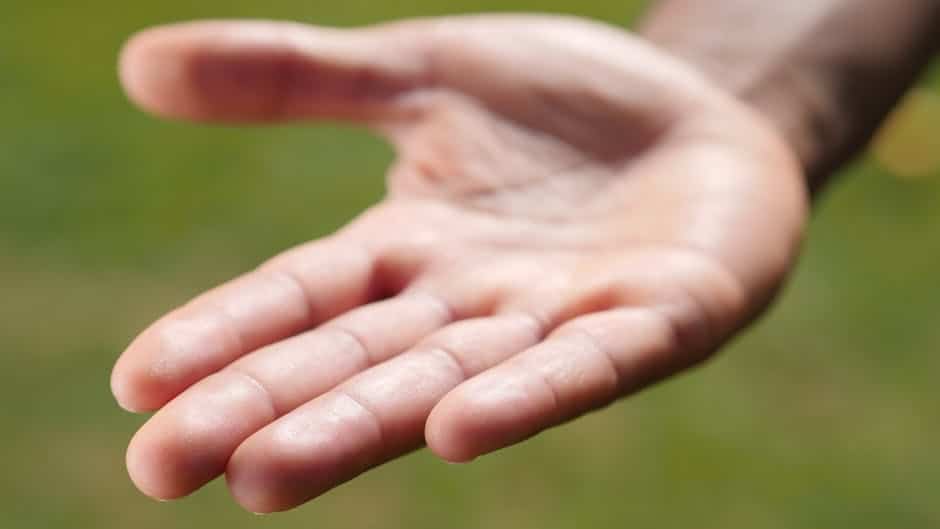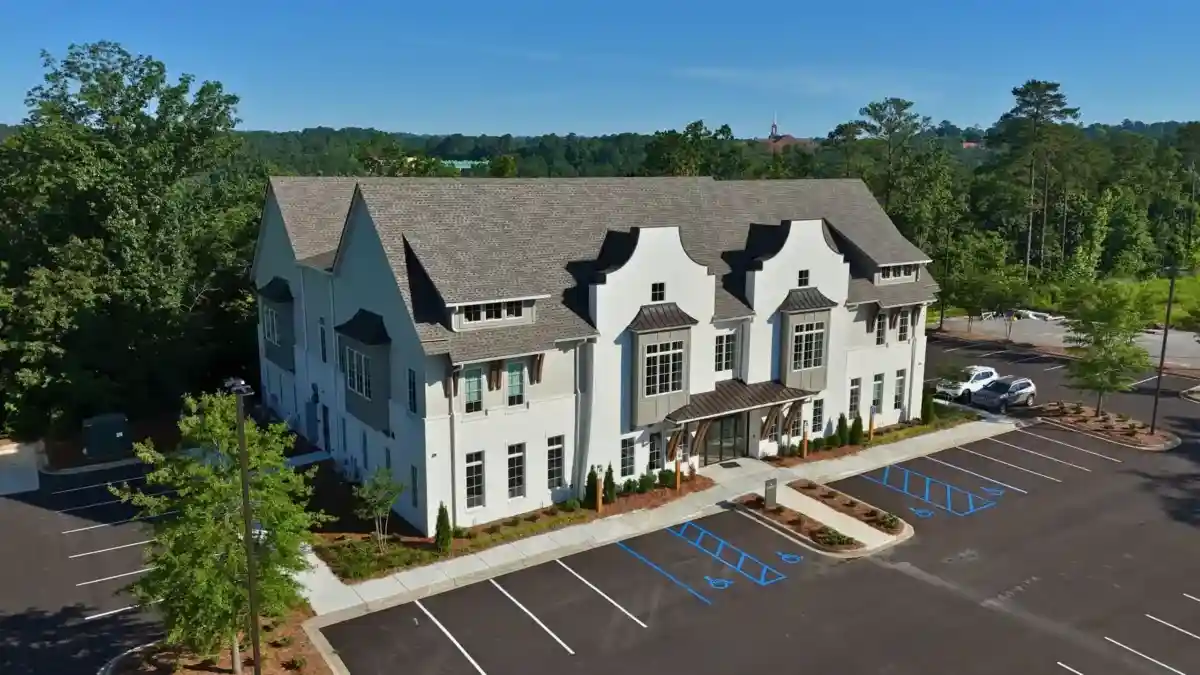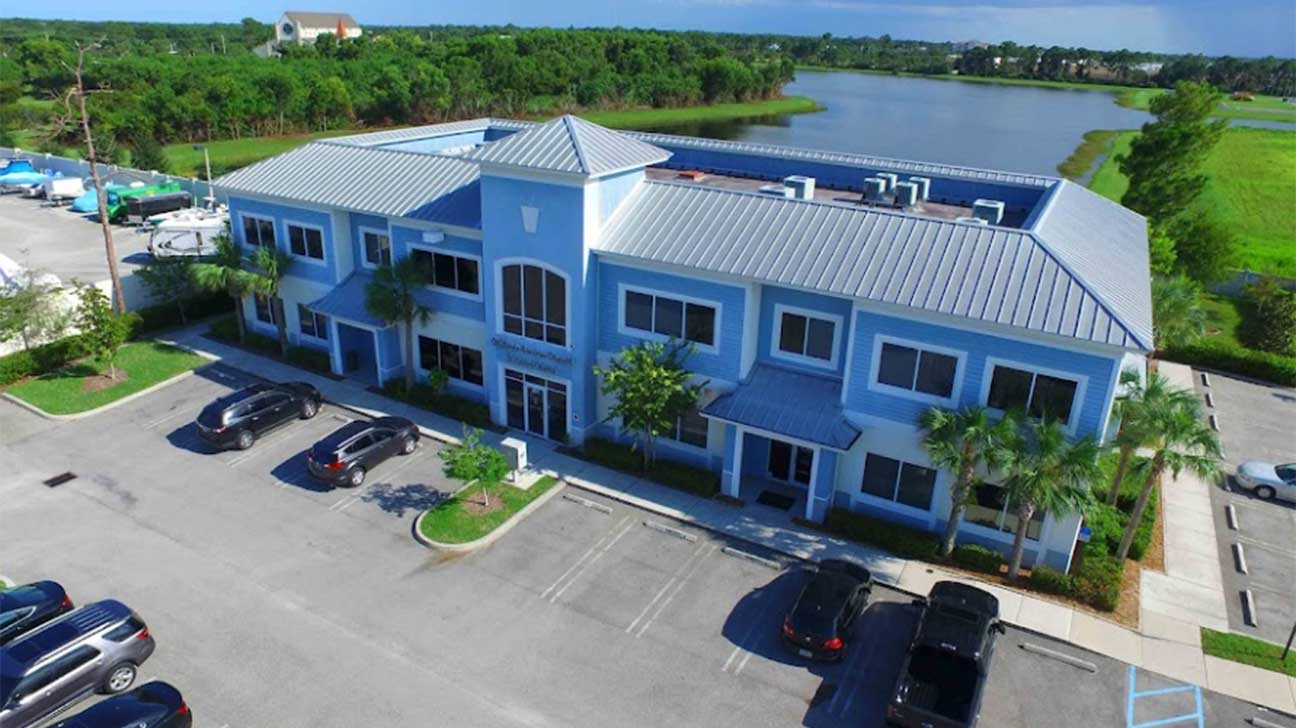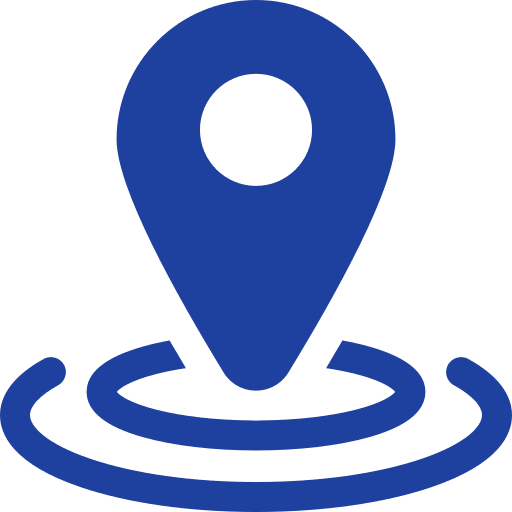
Understanding Your Path to Recovery
Drug and alcohol rehab centers provide specialized treatment programs to help individuals overcome addiction. Treatment combines medical care, therapy, and ongoing support, with different levels of care to match personal needs. These range from medically supervised detox and 24/7 inpatient care to flexible outpatient programs and long-term aftercare. Key services include individual and group therapy, medical assessment, family counseling, and relapse prevention education.
More than 20 million Americans struggle with substance use disorder. Yet addiction isn’t a personal failure—it’s a medical condition, a chronic brain disease that changes how your brain functions. Every three hours, someone dies of an overdose in New York City alone. From alcohol to fentanyl, addiction touches every family and community.
But here’s the critical truth: recovery is possible.
The first step is often the hardest—choosing to get treatment. The journey involves understanding your options and connecting with professionals who can guide you. Whether you’re seeking help for yourself or a loved one, navigating the landscape of treatment can feel overwhelming.
At Addiction Helpline America, we’ve helped thousands find appropriate drug and alcohol rehab centers that match their specific needs. Our team of addiction specialists provides confidential guidance 24/7 to connect you with effective treatment options.

Quick look at drug and alcohol rehab centers:
Recognizing the Need for Professional Help
Admitting there’s a problem is often the hardest part of recovery. If you’re reading this, you’re in the right place.
Substance use disorder is the clinical term for addiction. It’s a medical condition that causes significant impairment in daily life, affecting relationships, work, and health. More than 20 million Americans are struggling with this right now. The physical toll is staggering, leading to organ failure, cancer, and heart disease as brain chemistry changes, making it harder to stop without professional help.

So how do you know when it’s time to reach out to drug and alcohol rehab centers? Here are the warning signs that professional help is needed:
Changes in behavior and personality: Look for drastic mood swings, increased irritability, secrecy, or a loss of interest in once-loved activities. The person may seem withdrawn or unlike their former self.
Neglecting responsibilities: Work performance drops, school assignments pile up, and family commitments are repeatedly broken as the substance becomes the top priority.
Financial or legal troubles: Money may disappear without explanation, bills go unpaid, and legal consequences accumulate, yet the substance use continues.
Increased tolerance: The body adapts, requiring more of the substance to achieve the same effect. This dangerous cycle pushes consumption to higher and higher amounts.
Withdrawal symptoms: When trying to stop, a person may experience nausea, tremors, anxiety, or even dangerous symptoms like seizures. Often, people keep using just to avoid these feelings.
Failed attempts to quit: You may genuinely want to stop and have tried multiple times, but something keeps pulling you back. This isn’t weakness—it’s the nature of addiction as a chronic brain disease.
If these signs feel familiar, know this: reaching out for help is the bravest decision you can make. Recovery is possible, and you don’t have to figure it out alone.
Call Now – Your Journey to Recovery Begins Today!

Take the first step towards a healthier life! Call now to connect with our compassionate team and start your recovery journey today. Your path to healing awaits!
Our recovery specialists are available 24/7 to provide support, and all calls are confidential and free. Reach out anytime – we’re here to help!
A Guide to the Different Types of Drug and Alcohol Rehab Programs
Finding the right addiction treatment means matching your specific needs with the right level of care. Drug and alcohol rehab centers offer a continuum of care, a spectrum of treatment options from intensive medical supervision to flexible outpatient support. This allows you to step up or down in intensity as your needs change. Professionals often use guidelines from the American Society of Addiction Medicine (ASAM) to recommend the right level of care for your situation.
Let’s walk through your options.
| Feature | Inpatient/Residential Rehab | Outpatient Rehab |
|---|---|---|
| Living Situation | Live at the facility 24/7 | Live at home |
| Structure | Highly structured daily schedule | Flexible scheduling |
| Supervision | Round-the-clock medical and clinical oversight | Scheduled appointments and check-ins |
| Best For | Severe addiction, unstable home environment, co-occurring disorders | Stable support system, work/family commitments, less severe addiction |
| Intensity | Full immersion in treatment | Part-time therapeutic engagement |
| Cost | Generally higher | Generally lower |
Medical Detoxification
Before healing can begin, your body needs to safely process the withdrawal of substances. Medical detoxification is often the essential first step. Stopping substance use can cause withdrawal symptoms ranging from uncomfortable to dangerous, including nausea, tremors, anxiety, and seizures. Medical detox provides withdrawal management under professional supervision, using FDA-approved medications to ease discomfort and keep you safe. It stabilizes your body so your mind can begin the deeper work of recovery.
Inpatient and Residential Treatment
Inpatient and residential treatment offers a safe haven where recovery is your only job. These programs provide a 24/7 structured environment where you live at the facility, away from daily triggers and distractions. Inpatient rehabilitation is highly supervised, with medical and clinical staff available around the clock. Your days are filled with individual psychotherapy, group therapy, recovery education, and complementary therapies like meditation or art therapy. This immersive approach helps build a solid foundation for long-term recovery.
Outpatient Treatment Options
Outpatient programs offer professional treatment with the flexibility to manage daily life. This is ideal if you have a supportive home environment or work and family commitments. Care is available at different intensities:
- Partial Hospitalization Programs (PHP): The most intensive outpatient option, requiring several hours of treatment daily, five to seven days a week. You return home each evening.
- Intensive Outpatient Programs (IOP): A step down in intensity, with nine or more hours of therapy each week, spread across several days. It’s ideal for those transitioning from inpatient care or with a manageable addiction.
- Standard outpatient care: The most flexible option, with weekly or bi-weekly group and individual counseling to provide ongoing support for maintaining sobriety.
Outpatient programs allow you to apply new coping skills in real-time, practicing recovery in your daily environment.
The Rise of Telehealth in Addiction Treatment
Technology has made addiction treatment more accessible than ever. Telehealth uses secure digital platforms to provide remote access to services, eliminating barriers like distance or transportation.

From your home, you can have therapy sessions, consult with professionals, and join virtual support groups. This increased accessibility and privacy has been a game-changer, reducing stigma and making it easier for people to take the first step. For many, the right help is now just a video call away.
What Happens Inside Drug and Alcohol Rehab Centers?
Once you enter a drug and alcohol rehab center, the process begins with a comprehensive evaluation. This includes a physical, psychiatric, and psychosocial assessment to understand your health, identify any co-occurring mental health disorders, and review your social history. This holistic approach ensures your treatment plan is customized to your unique needs, using scientifically validated, evidence-based therapies.

If you’re looking to explore options for integrated behavioral health, you can Find a behavioral health specialist through our network.
Key Components of a Successful Program
A successful program is built on several key components delivered by a multidisciplinary care team:
- Individual therapy: A confidential space to explore personal challenges and triggers with a therapist to develop personalized coping strategies.
- Group therapy: A powerful way to build community, learn from peers, and practice social skills in a safe environment.
- Family counseling: Helps heal relationships, improve communication, and educate loved ones on how to support recovery.
- Cognitive Behavioral Therapy (CBT): An effective therapy that helps you identify and change negative thought patterns and behaviors linked to substance use.
- Motivational therapy: Focuses on strengthening your motivation and commitment to change.
- Relapse prevention strategies: Equips you with tools to recognize warning signs, cope with cravings, and respond to high-risk situations.
The Role of Medical Professionals and Specialized Staff
The effectiveness of drug and alcohol rehab centers depends on their staff. Our programs are often run by skilled psychiatrists, psychologists, licensed counselors, doctors, and nurses. These professionals provide discreet, compassionate care, conducting evaluations, administering medication, and facilitating therapy. Their expertise ensures treatment is medically sound and psychologically supportive.
Call Now – Your Journey to Recovery Begins Today!

Take the first step towards a healthier life! Call now to connect with our compassionate team and start your recovery journey today. Your path to healing awaits!
Our recovery specialists are available 24/7 to provide support, and all calls are confidential and free. Reach out anytime – we’re here to help!
Integrated Treatment for Co-Occurring Disorders
Addiction often co-occurs with mental health conditions like depression or anxiety, a situation known as dual diagnosis. Leading drug and alcohol rehab centers offer integrated treatment, addressing both the addiction and the mental health condition simultaneously. This holistic approach treats the whole person, increasing the chances of sustained sobriety and improved mental well-being.
Understanding Success Rates and Treatment Outcomes
Success in addiction recovery is more than just abstinence. It also includes improved quality of life, reduced relapse, and the development of long-term strategies for staying healthy. Since addiction is a chronic disease, relapse can be part of the journey. A successful program equips you with the tools to manage challenges, minimize the impact of any relapse, and build a fulfilling life free from addiction.
Finding and Paying for the Right Treatment Program
Once you’re ready for help, the next step is finding the right facility and figuring out how to pay for it. This can feel overwhelming, but you don’t have to do it alone.

Finding a facility starts with confidential resources. Government tools like FindTreatment.gov provide anonymous searches for options nationwide. At Addiction Helpline America, we offer free, confidential guidance to help you find programs that match your specific situation. We’ve helped thousands across all US states and DC take this crucial step.
For a personalized search, we invite you to Find treatment options near you.
How to Find Reputable Drug and Alcohol Rehab Centers
Not all drug and alcohol rehab centers are equal. To find a reputable facility, look for:
- Accreditation: Look for accreditation from organizations like The Joint Commission, which signals a commitment to high standards of quality and safety.
- Licensing: State regulatory bodies, like New York’s OASAS, license and oversee facilities to ensure they meet operational and ethical standards.
- Evidence-Based Therapies: Reputable centers use treatment methods that are backed by scientific research.
- Transparency: A quality facility will welcome your questions about their programs, staff credentials, and treatment approach. Be wary of any center that pressures you to commit immediately.
Navigating the Costs and Payment Options for Rehab
Treatment costs vary, but cost should never be the reason you don’t get help. There are many ways to pay for rehab:
- Insurance Coverage: Thanks to federal parity laws, most insurance plans, including private insurance, Medicaid, and Medicare, now cover substance use disorder treatment. We can help you verify your benefits.
- State-Funded Programs: Many states offer free or low-cost treatment for residents who meet certain income requirements, ensuring access for everyone.
- Payment Plans & Sliding Scales: Some facilities offer payment plans or adjust their fees based on your income, making treatment more affordable.
Our team can help you explore all available payment options and find drug and alcohol rehab centers that work within your budget.
Preparing for Rehab: What to Expect
The admissions process begins with an assessment to determine the best level of care for you. This conversation covers your substance use history, health, and home life to create an effective plan.
When packing, facilities provide a list of what to bring and what to leave behind. You’ll generally pack comfortable clothes, toiletries, and prescription medications. Valuables, cell phones (in some cases), and any products containing alcohol are typically left at home.
A typical daily schedule is structured to focus on recovery. Days include individual and group therapy, educational workshops, and recreational activities. Evenings may involve peer support meetings and time for reflection. This is your opportunity to step away from daily stress and focus entirely on healing.
The Journey to Lasting Recovery
Recovery from addiction is an ongoing journey, not a destination. Addiction is a chronic disease that requires continuous care, much like diabetes or heart disease. With the right support and strategies, millions of people lead successful lives in recovery.
Building a strong support network of family, friends, and peers is essential. Preventing relapse is a key part of the journey, and it’s normal to face challenges after treatment. What matters is having the tools and support to manage them.
If you or someone you know needs immediate support, please Call or text for immediate support. We’re here 24/7.
The Importance of Aftercare and Ongoing Support
Graduating from a treatment program is a major achievement, but the work of building a life in recovery continues. Aftercare services provide a continuum of care that adapts to your changing needs.
- Transitional housing and sober living homes offer a stable, substance-free environment to bridge the gap between inpatient treatment and independent living.
- Peer coaching connects you with someone who has lived experience with recovery, offering guidance, accountability, and hope.
- Career counseling provides purpose and stability, which are crucial for sustainable recovery.
- Alumni programs and mutual support groups like Alcoholics Anonymous and Narcotics Anonymous create lasting communities for encouragement and accountability.
- Recovery communities help you build a new social circle centered on healthy living, reinforcing positive change.
Specialized Programs for Diverse Populations
Effective treatment recognizes that everyone’s story is different. Many drug and alcohol rehab centers offer specialized programs for specific populations to address their unique challenges.
- Veterans often face unique challenges like trauma and PTSD from their service. Specialized programs address these specific recovery needs. The Veterans Crisis Line is also an essential resource.
- Older adults require care that considers co-existing medical conditions and age-related changes. Programs staffed by geriatric specialists use age-appropriate therapies.
- Gambling addiction and specific substance dependencies (like opioids or stimulants) also benefit from targeted interventions and evidence-based protocols.
A focused approach with expert staff and a relatable peer group leads to more empathetic and effective care.
Call Now – Your Journey to Recovery Begins Today!

Take the first step towards a healthier life! Call now to connect with our compassionate team and start your recovery journey today. Your path to healing awaits!
Our recovery specialists are available 24/7 to provide support, and all calls are confidential and free. Reach out anytime – we’re here to help!
The Role of Harm Reduction in Addiction Treatment
Harm reduction is a compassionate approach that aims to reduce the negative consequences of drug use, meeting people where they are without judgment. It’s a practical pathway to engagement with healthcare and recovery.
- Naloxone is a life-saving medication that can reverse an opioid overdose. We strongly encourage families and communities to carry it. You can Get free Naloxone supplies through programs we connect you with.
- Fentanyl test strips allow individuals to check drugs for the presence of fentanyl, a potent opioid driving the overdose crisis, helping them make safer choices.
- Overdose prevention resources and syringe service programs are also vital tools that prevent death, reduce the spread of disease, and build trust that can lead to recovery.
Conclusion
Seeking information about recovery takes courage. While addiction is a chronic brain disease, the most important thing to remember is that it’s treatable. Hope and healing are real, and recovery is a tangible reality for millions who have found help at drug and alcohol rehab centers.
The first step—choosing to get help—is monumental. But you don’t have to steer the complex landscape of treatment options alone. From medical detox and inpatient programs to outpatient care and aftercare, processing it all can be overwhelming.
At Addiction Helpline America, our mission is to guide you through this moment. We provide free, confidential guidance to help you find the right recovery program from our vast network of reputable drug and alcohol rehab centers across all 50 states and the District of Columbia. Our addiction specialists are here to listen, answer your questions, and connect you with programs that fit your unique needs.
We believe everyone deserves the chance to lead a healthy life free from the grip of addiction. Your story doesn’t end here. For many, recovery is the beginning of a new, meaningful chapter.
Whether you’re seeking help for yourself or someone you love, we’re ready to walk alongside you. Let us help you find your path to recovery.
Find the right drug and substance abuse treatment program for you
Our helpline is 100%
free & confidential
If you or someone you care about is struggling with drug or alcohol addiction, we can help you explore your recovery options. Don’t face this challenge alone—seek support from us.
Programs
Resources
Will my insurance
cover addiction
treatment?
We're ready to help
Find the best
drug or alcohol treatment
center
Are you or a loved one struggling with addiction? Call today to speak to a treatment expert.















